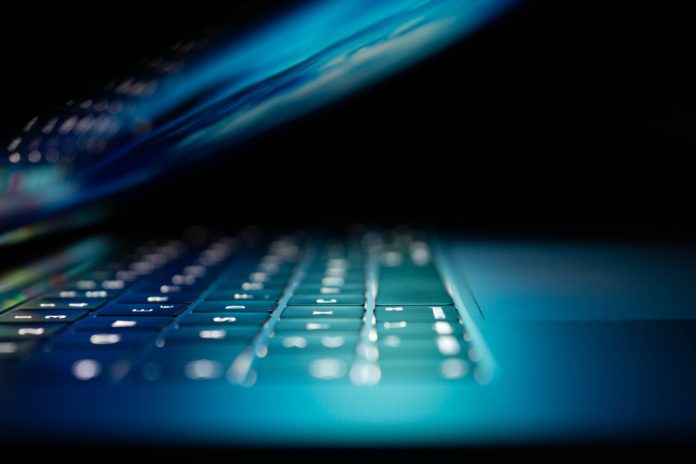

A data breach can potentially cripple your organization, so it’s crucial to set up firewalls and prop up valuable cyber defenses to protect sensitive data. However, not all cyber attacks occur digitally. For the most part, data leaks can still happen, even if you have the latest antivirus programs installed. Apart from malicious software, it’s also important to be mindful of how you and your employees are handling the physical devices that store sensitive information. On top of secured data infrastructure, it helps to be conscious of your physical cybersecurity exposure. Get started with these essential tips:
- Train your employees
Not all data breaches and other cyber attacks are directly caused by deliberate attempts by hackers. There are situations when employees themselves unknowingly increase an enterprise’s data exposure. On that note, enhancing physical cybersecurity should start with coming up with protocols for accessing, handling, and sharing data across devices. These guidelines should cover the use of personal devices such as phones and tablets within company premises as well as obtaining login credentials for official online accounts.
- Keep your backups hidden
If you are backing up sensitive information using physical drives, make sure to keep these hidden and place them in the custody of your IT department. If employees or supervisors should borrow them for justified reasons, they should have prior authorization. Moreover, make sure not to create any more copies of the information stored in these drives. The best you can do is to migrate them to a cloud server where it’s easier to control who gets to access valuable files and folders.
- Come up with a secure layout for your IT equipment
From the outset, the layout of your physical IT assets has a lot to do with security. If you keep server rooms in places that are easily accessible, there is a big risk that unauthorized personnel may slip in undetected and breach your network from there. It’s important to place your server rooms in an isolated area where you can easily monitor anyone coming in and out. You should also lock your server racks and set up controlled doors. You will need an IT company that specializes in managed IT services to help you with setting up secured cabling.
- Control your Wi-Fi usage
Hackers can easily intercept information that passes through your Wi-Fi network. While you can offer Wi-Fi for guests to connect to, your business is still at risk of a data breach. One way you can get around this is to activate data encryption and ensure that your internal network is fully separated from your guest network. Monitor any and all devices that connect to your main network and prevent anyone (except your IT administrators) from getting a copy of Wi-Fi passwords.
Physical cybersecurity is just as crucial as digital cybersecurity. If you have invested a lot in sophisticated cyber defenses, you and your staff should also observe proper data security habits, lest your company suffers from a costly attack or breach.


















